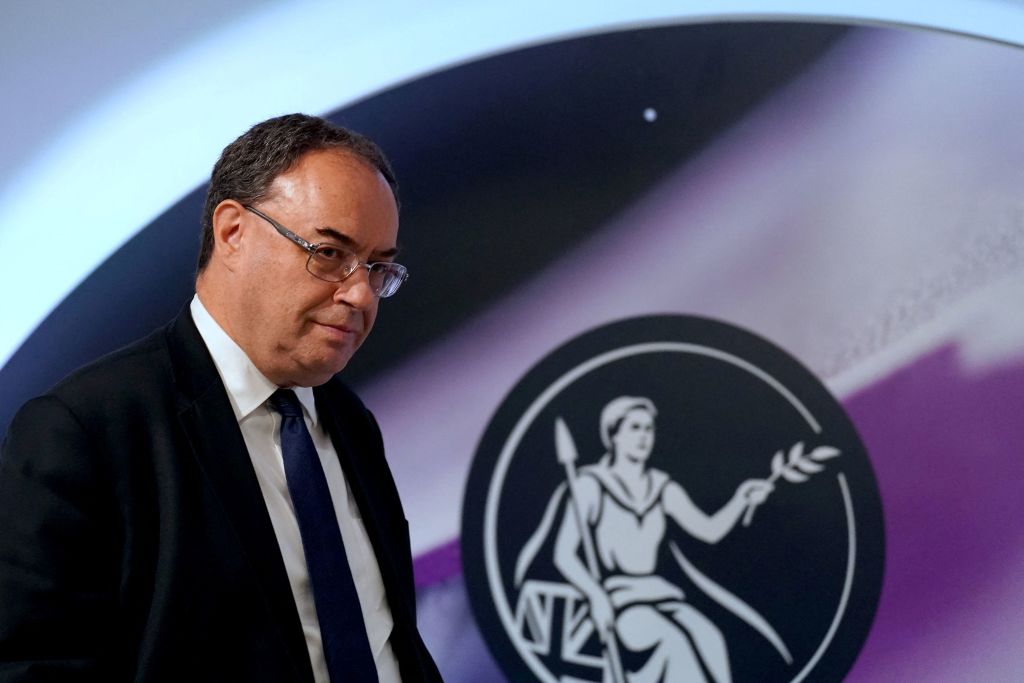Who, or what, is responsible for the UK’s sky-high inflation rate? Not me, says the Bank of England’s governor. Andrew Bailey has pointed the finger at a number of causes: pandemic and lockdowns, Russia’s war against Ukraine and Britain’s tight labour market. But he singled out one group in particular – early retirees – as a contributing factor for the recent inflation spike:
‘If those workers have accumulated enough savings to sustain a desired level of consumption much like the one they had before their early retirement, at least for a while, aggregate demand will not have fallen by as much as aggregate supply…we should expect this to put upward pressure on inflation in a way that would call for a higher level of interest rates to dampen demand.’
Is Bailey right in shying away from the Bank’s role in failing to tackle inflation? His comments at the London School of Economics certainly raise a number of questions, not least whether the absence of older workers from the workforce is responsible for the labour crunch? And is the overall labour shortage to blame for inflation?
On the first point: while the economy is missing the contributions of older workers after the pandemic, The Spectator’s Data Hub shows how early retirement is a relatively small loss compared to workers off on long-term sick leave since Covid hit. The number of working-age people out of the workforce today due to retirement is actually lower now, by 12,000 people, than it was before the pandemic; meanwhile, the number of workers who have left due to long-term sickness is up by 400,000.
Arguably the absence of older workers is more acutely felt in their relationship to those who are off sick. The early retirement of doctors and medical professionals has made it harder to dent the 7.2 million waiting list on NHS England. This was the main reason for chancellor Jeremy Hunt scrapping the Lifetime Allowance in his Budget earlier this month, in the hope that this would attract some of those highly-paid doctors back to work. Bailey described Hunt’s full back-to-work package as ‘very welcome and important,’ given the impact it’s having on inflation.
But is this laser-focus on the labour market just another excuse for the Bank, which denied the possibility of price spirals until it was too late to keep a lid on the headline inflation rate?
Bailey is right that the labour market is part of the inflation equation. The UK has been deeply unlucky: it’s suffered both the energy crunch that Europe has faced, and also the labour market crunch that the US has experienced. But Bailey’s omission of the Bank’s incredibly slow response to price hikes seems curious. The Bank was still pretending this was a ‘transitory’ blip in December 2021, when inflation was already more than double the Bank’s target of 2 per cent.
The Bank’s role in printing vast amounts of money during the pandemic (printing almost as much in the first year of the pandemic as it did in the decade leading up to the pandemic) and its decision to keep interest rates ultra-low for so long both deserve to be at the top of list of reasons for why inflation remains in the double digits. So long as these factors are played down, it is hard to take Bailey too seriously when he points the finger of blame elsewhere.







Comments